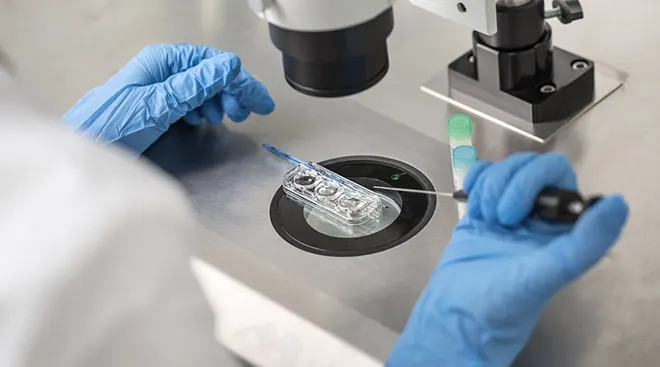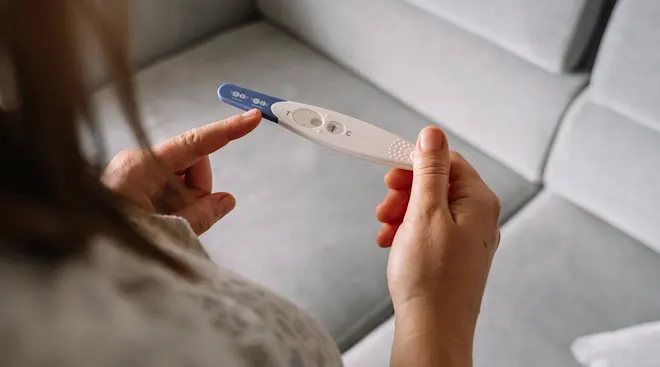Men’s Sperm Count Has Dropped More Than 60 Percent Over Past 45 Years
While the onus of infertility is often put on women, a new study has shown it may very likely be men—specifically their sperm count—at the root of fertility complications.
What did the study find?
Published in the journal Human Reproduction Update, the meta-analysis combines findings from more than 250 previous studies to determine the change in sperm count over the past 45 years. Overall, the results present a pretty clear picture that sperm counts and concentrations are down all over the world, dropping 2.6 percent each year since 2008 and 62.3 percent total between 1973 and 2018. This amounts to a drop from 104 to 49 million sperm per millimeter over five decades.
What does the drop in sperm count mean?
Like any metric, researchers admit that sperm count is an imperfect measure of fertility. However, there is a threshold below which a low sperm count does affect the chances of reproduction. This can often slow down the process of getting pregnant. This means that some families may run out of time before they have had the amount children they wish.
Scientists are split as to whether this drop is a cause for global concern or simply something to watch closely. “We don’t understand why we’re seeing this pattern, so I think it’s hard to be alarmist for an individual," Michael Eisenberg, MD, a urologist at Stanford University, told USA Today. “But at a policy level, this should be a wake-up call to try and understand,” Eisenberg said.
What is causing the drop in sperm count?
There is no clear, sole reason for the drop in sperm count over the past few years. However, sperm count in adult men can drop due to a variety of things, including exposure to pesticides and other toxins, high levels of stress, putting off children for an older age and even sitting in hot water for too long.
“We can’t ignore that things are changing. Lifestyles have changed. Dietary patterns certainly have changed," she said. “Through these changes, we are exposing our body to altered conditions. In response to those altered conditions, we’re seeing a decrease in sperm concentration,” Amy Sparks, a reproductive physiologist, told USA Today.
What can you do to boost your sperm count?
Men concerned about their fertility should talk to their doctor to determine what may be the problem and what treatments are available. You can also do the following things to help improve your sperm concentration.
- Give up drinking and smoking. Among the long list of smoking’s evils is the effect that tobacco smoke can have on reducing both sperm count (quantity) and motility (how fast those swimmers can reach an egg). Moderate alcohol use is ok, but studies suggest that semen quality drops after about 20 drinks a week.
- Stick to a healthy diet. Studies show that A “western diet” of pizza, red meat and processed foods may decrease sperm count and potentially harm fertility. However, foods rich in folic acid (beans, leafy greens, OJ) can help increase sperm count.
- Avoid extreme heat. There’s no strong link between what kind of underwear men wear – boxers or briefs. But heat exposure isn’t good, so avoid hot tubs and saunas while trying to conceive.
Have more questions about fertility and trying to concieve? Check out these 10 things to avoid while trying to concieve and nine common fertility mistakes.
Please note: The Bump and the materials and information it contains are not intended to, and do not constitute, medical or other health advice or diagnosis and should not be used as such. You should always consult with a qualified physician or health professional about your specific circumstances.
Navigate forward to interact with the calendar and select a date. Press the question mark key to get the keyboard shortcuts for changing dates.



















































